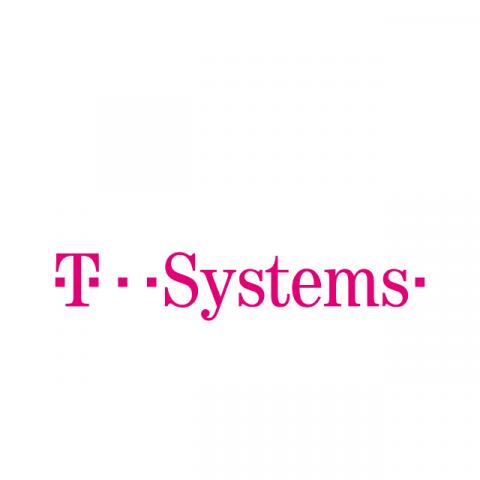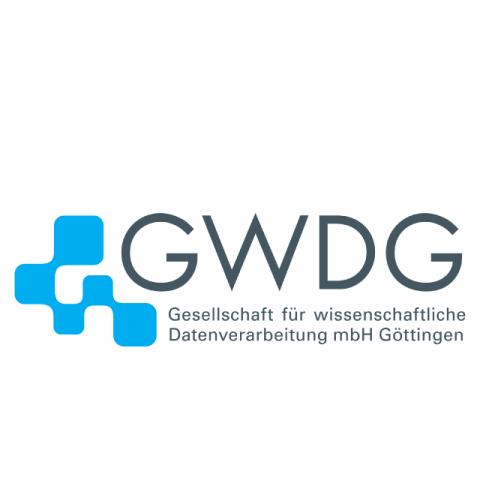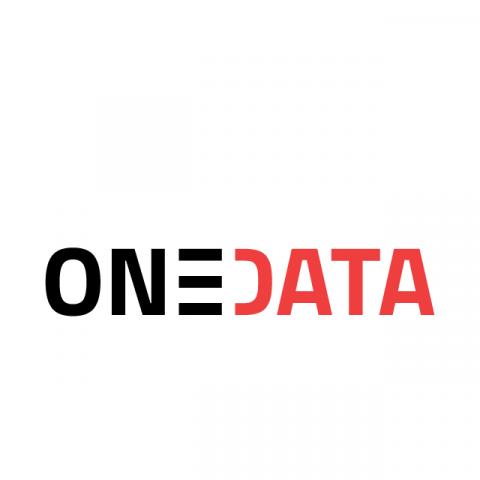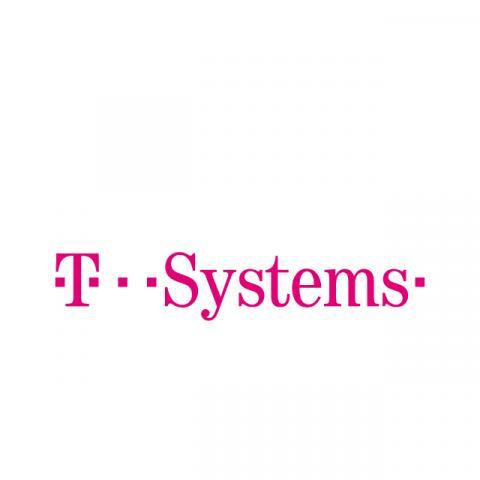- About
- The PCP
- R&D
- Tender
- The Solutions
- Early Adopters
- Events
- News



The Proposed Solution
T-Systems’ consortium provides research organisations and the European Science community with an OAIS-compliant data preservation solution, that is open, easy-to-use, extendable, cost- and energy-efficient. The solution follows a full open-source and cloud-agnostic approach, building on pre-existing and proven components for data preservation, data and workflow management. The core components include Archivematica, Onedata and Flowable, and have been selected based on functionality, integration, cloud-adoption, maturity, size of user community and relations with EOSC. The modular approach is supported by a large set of APIs that will enable users to extend and integrate the components with other preferred services.
The R&D potential
The R&D focuses on new innovative functionality for baseline and advanced data preservation services, including Petabyte-scale storage options, compliance with OAIS, PREMIS, METS and BagIT standards and new innovate functions for distributed data and workflow management, search and discovery, data representation and scientific analysis. The objective is an integrated service offer for end-users, integrators and cloud providers for deployments on local and public cloud infrastructures. T-Systems operates the services as part of its Open Telekom Cloud portfolio, a leading European public cloud service based on OpenStack. GWDG extends its portfolio with the service offered for its established public and academic community.
Architecture Overview
A modern Open-Source architecture based on Onedata, Archivematica, OpenFaaS, Flowable and OTC computing and storage services integrated into a single Kubernetes-based platform with BPMN (Business Process Model and Notation)- based workflow Management.
Comparison between current baseline and R&D being performed (January 2021)
Baseline before ARCHIVER |
ARCHIVER R&D |
|---|---|
Storage/basic archiving/secure backup
|
Data management relying on the features of Onedata, a distributed virtual filesystem platform allowing seamless integration of a wide range of legacy storage resources as transfer sources, QoS based replica placement, metadata management and open data support. |
Preservation (Layer 2)
|
The proposed architecture has chosen Archivematica as the basis for the data archiving and preservation functionality, due to its fully open-source license, standards compliance and active development community.
|
Watch the interview with Jurry de la Mar, T-Systems





